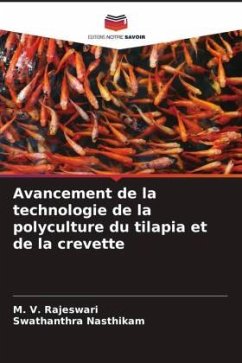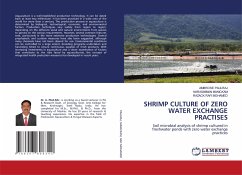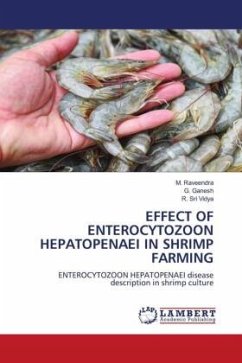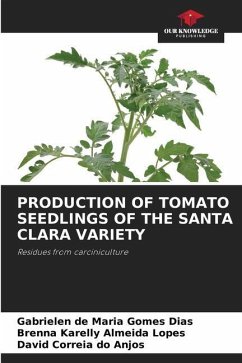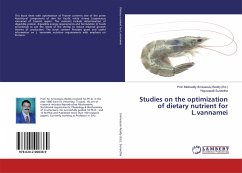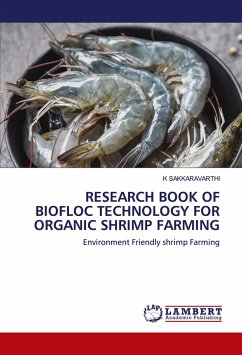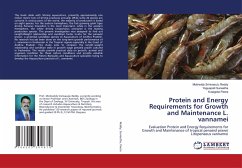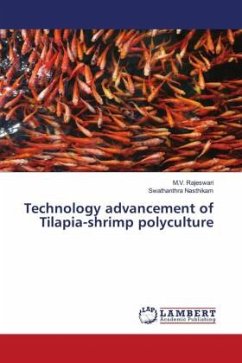
Technology advancement of Tilapia-shrimp polyculture
Versandkostenfrei!
Versandfertig in 6-10 Tagen
29,99 €
inkl. MwSt.

PAYBACK Punkte
15 °P sammeln!
Polyculture is a sustainable aquaculture system because it can reduce environmental pollution and increase feeding efficiency. The shrimp ponds have been neglected in many parts of the world due to disease, poor governance, and environmental degradation. It depends on the cost accumulation of nutrients in crop systems and the lack of efficient waste management. The solution to this problem will be polyculture, which is considered more ecological than a single culture. Other benefits of polyculture include less metabolic waste concentration/pollution and may have higher economic benefits. It is...
Polyculture is a sustainable aquaculture system because it can reduce environmental pollution and increase feeding efficiency. The shrimp ponds have been neglected in many parts of the world due to disease, poor governance, and environmental degradation. It depends on the cost accumulation of nutrients in crop systems and the lack of efficient waste management. The solution to this problem will be polyculture, which is considered more ecological than a single culture. Other benefits of polyculture include less metabolic waste concentration/pollution and may have higher economic benefits. It is necessary to develop cultural technologies and intensive polyculture systems to increase the ability to assimilate waste to transport excess nutrients to storage facilities to prevent uncontrolled effluent of aquatic products and wastewater.



